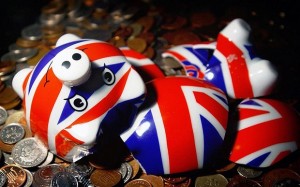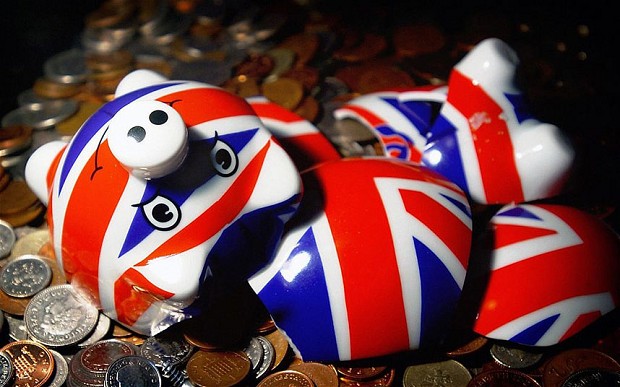 Life in the UK continues to grow more expensive. Although inflation recently fell to its lowest rate in four years, figures from the Office for National Statistics show that declining wages are making everyday life difficult for many people to afford.
Life in the UK continues to grow more expensive. Although inflation recently fell to its lowest rate in four years, figures from the Office for National Statistics show that declining wages are making everyday life difficult for many people to afford.
The Consumer Prices Index (CPI) dropped from the 2% level measured in December to just 1.9 per cent in January, signalling a reasonable drop in the level of inflation in the UK. January was the first month since late 2009 that inflation has been below the 2 per cent target specified by the Bank of England.
Despite this, rising energy prices and falling wages mean that many individuals and families are struggling to afford everyday expenses. Wages are rising at less than 1 per cent every year, putting the squeeze on many low-income families.
Alarmingly, low-income families have been the hardest hit by recent inflation, with the cost of everyday consumer goods increasing. Many low-earners also face large ‘convenience taxes’ in the form of higher relative prices for groceries, energy and transportation.
According to the Office for National Statistics, most UK workers received an average pay rise of just 0.9 per cent over the last year. The Retail Prices Index, a measure of inflation used to gauge the price of important retail items, rose from 2.7 per cent in December of 2013 to 2.8 per cent in January this year.
Economists have called the current combination of declining wage growth and high prices the “longest squeeze on household incomes in 50 years.” Much of the decline in inflation was fuelled by seasonal price changes such as a decrease in entrance fees for museums and other attractions and post-Christmas retail discounts.





